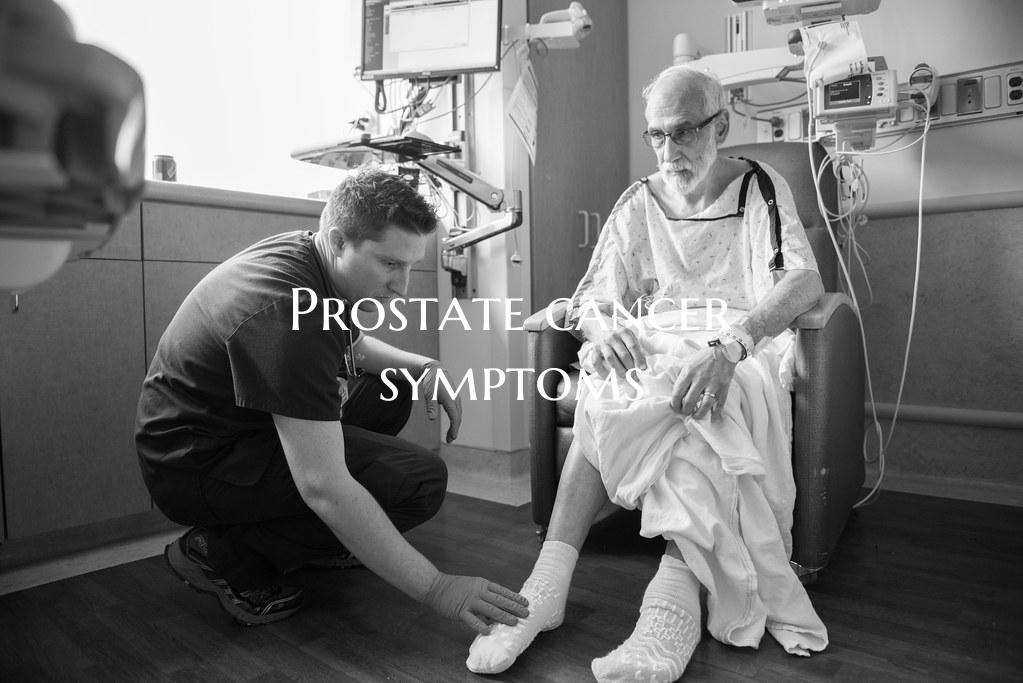
Prostate cancer symptoms
Prostate Cancer Symptoms
Prostate cancer is the second most common cancer in men worldwide. Knowing the symptoms of prostate cancer is crucial for early detection and prompt treatment. While early stages of prostate cancer may not show any symptoms, advanced stages can present various signs that should not be ignored.
Here are some common symptoms of prostate cancer:
1. Urinary Problems: Changes in urinary habits are often early signs of prostate cancer. Symptoms may include frequent urination, especially at night, a weak or interrupted urine flow, difficulty starting or stopping urination, and pain or burning sensation during urination.
2. Blood in Urine or Semen: Seeing blood in urine or semen can be alarming and should be investigated by a healthcare provider. This symptom can occur in various conditions, including prostate cancer.
3. Erectile Dysfunction: While erectile dysfunction can be caused by various factors, it can also be a symptom of advanced prostate cancer, especially if it is accompanied by other urinary symptoms.
4. Pain in the Pelvic Area or Lower Back: Some men with prostate cancer may experience pain in the pelvic area, hips, or lower back. This pain can range from mild discomfort to severe and should be evaluated by a doctor.
5. Bone Pain: Advanced prostate cancer can spread to the bones, leading to bone pain, particularly in the spine, hips, and ribs. This pain may worsen at night and with movement.
6. Weakness or Numbness in the Legs or Feet: In rare cases, prostate cancer that has spread to the spine can exert pressure on the spinal cord, resulting in weakness, numbness, or tingling in the legs or feet.
It's important to note that these symptoms can also be caused by conditions other than prostate cancer. However, if you experience any of these symptoms, especially if they persist or worsen over time, it is essential to consult a healthcare provider for a proper evaluation. Early detection of prostate cancer can significantly improve treatment outcomes and quality of life. Regular screenings, particularly for men over the age of 50 or those with risk factors, can help in detecting prostate cancer in its early stages.